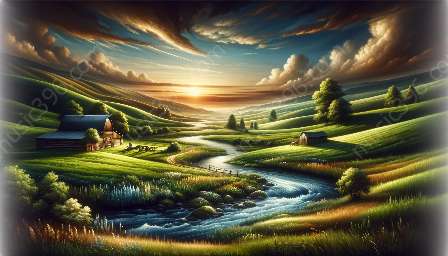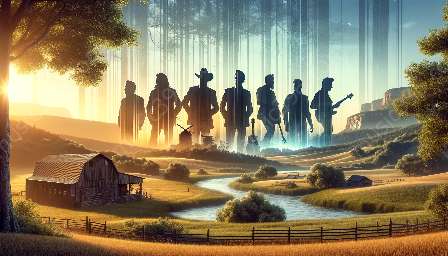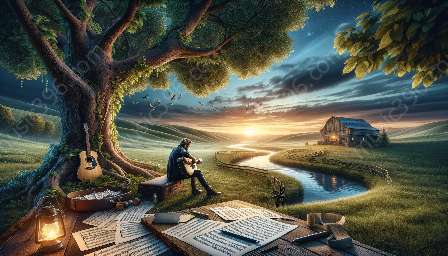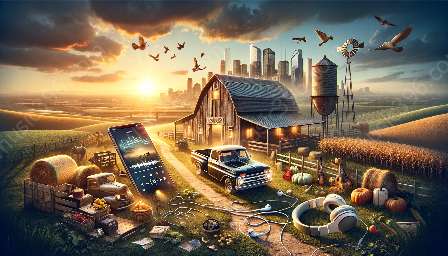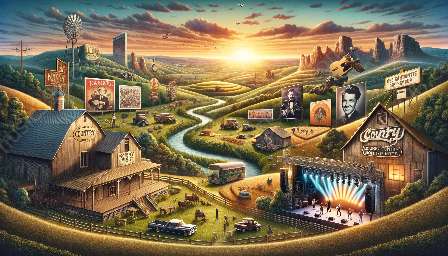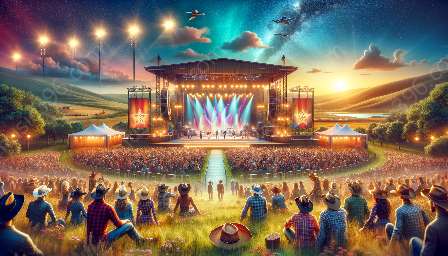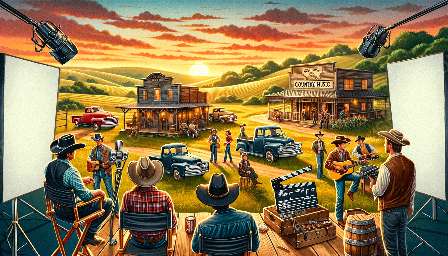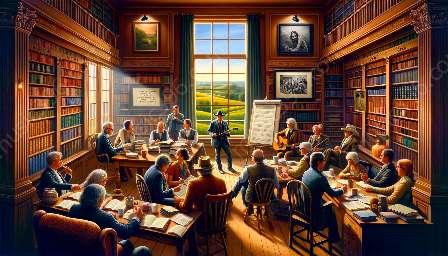Country music has long been regarded as more than just a genre of music. Its roots and evolution reflect the changing social and cultural landscape of American society. Through defining events in country music chronology, we can see how this genre has reflected and responded to various historical shifts, from rural America to the present day.
Country Music’s Roots: A Reflection of Rural American Life
The origins of country music can be traced back to the early 20th century, rooted in the experiences of rural Americans. The genre's early themes often centered on everyday life in rural communities, addressing topics such as family, hard work, and the challenges of rural living. With traditional instruments such as the banjo, fiddle, and guitar, country music captured the essence of rural America.
Defining Events in Country Music Chronology
The Great Depression: Songs of Struggle and Resilience
During the Great Depression, country music served as a means of expression for the hardships faced by many Americans. Artists such as Woody Guthrie and The Carter Family created music that resonated with the experiences of poverty, displacement, and struggle, providing a voice for those enduring these challenges.
Post-World War II: Honky-Tonk and Western Swing
Following World War II, country music experienced a shift towards honky-tonk and western swing, reflecting the changing social dynamics in America. The honky-tonk style, characterized by dance-friendly rhythms and heartfelt lyrics, became a popular outlet for expressing the post-war experiences of love, heartbreak, and the trials of everyday life.
Civil Rights Movement: Portraying Societal Shifts
As the Civil Rights Movement gained momentum, country music began to reflect the societal shifts occurring in America. Artists like Johnny Cash and Loretta Lynn used their platform to address issues of equality and justice, mirroring the changing attitudes towards social issues through their music.
Urbanization and Modern Influences
With the rise of urbanization and modern influences, country music underwent further evolution. The incorporation of electric instruments and contemporary production techniques reflected the changing landscape of American society. Themes of progress, individualism, and diverse perspectives became prominent in the genre.
Country Music Today: A Reflection of Contemporary America
In today's context, country music continues to express the social and cultural changes in American society. Artists such as Kacey Musgraves and Maren Morris address current societal issues through their music, providing a reflection of modern experiences, diversity, and the evolving mindset of America.
In Conclusion
Country music has been a mirror, reflecting the social and cultural changes in American society throughout its history. From the Great Depression to the present day, this genre has captured the essence of rural and urban America, evolving alongside societal shifts and historical events. Through its defining events in country music chronology, we see a rich tapestry of themes that have shaped and resonated with the American experience.

